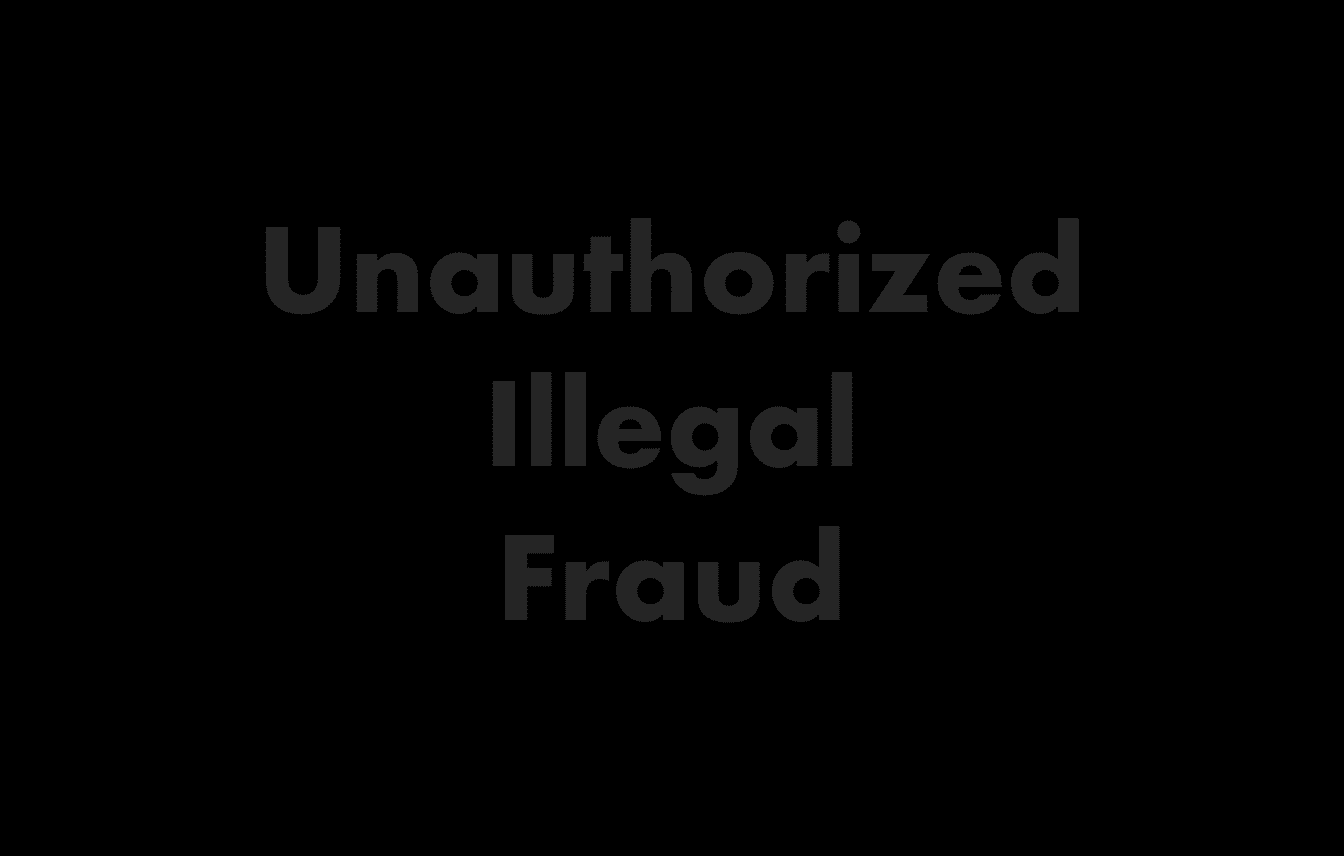FinTelegram has been widely criticized in recent years for negative reporting. We would also criticize providers of financial services that may not be properly licensed but otherwise have no intention to defraud, i.e., are not scammers. That would be unfair, and this criticism would be “hate.” We plead guilty to this charge. And we see it differently. We are focused on investor protection, and regulation is an essential element of that. Let us share our thoughts with you for a better understanding!
Investor Protection & Regulation
In a free market economy, the state ideally is a “night watchman” (Adam Smith) supposed to ensure that markets and market participants are protected. Consequently, the principle of investor protection is the dominating principle behind financial laws. Compliance with financial laws and, thus, the protection of investors is tasked by law to state supervisory authorities, a/k/a regulators.
In recent years, a plethora of new financial laws and regulatory requirements have been added. Anti-money laundering and counter-terrorist financing should be mentioned here. Or the new crypto regulations.
To efficiently supervise the complicated legal and regulatory framework in the cyberfinance era, providers of regulated financial services must be properly authorized.
Customers of unauthorized providers are not entitled to national investor compensation schemes or the support of financial ombudsmen. These are significant dangers even if the provider is basically reputable.
Types Of Regulatory Offences
Providers who violate financial laws and regulations act illegally but are not necessarily scammers. The latter also acts with the intent to defraud their clients. Essentially, we see the following types of misconduct by providers of financial services:
- Providers without proper regulatory permission – they act unauthorized and illegally even if they voluntarily comply with regulatory requirements. For example: under Section 54 of the German Banking Act (KWG), it is a criminal offense to conduct business that requires a permit without the required license.
- Illicit offers – unauthorized or authorized providers offer financial products that violate legal and/or regulatory provisions; they violate regulatory rules and not always but very often laws (depending on the specific offense and the jurisdiction), i.e., they act illegally; One example may be Kraken’s violation of CFTC regulation, which was also a violation of the Commodity Exchange Act (link to CFTC)
- Financial fraud – scammers pretending to offer financial services to deceive or defraud their customers; they operate illegally, their offer is illegal, and the operators are fraudsters.
Regulated but unauthorized
Many financial service providers are licensed offshore, for example, in the Seychelles, Vanuatu, or South Africa, and claim to be authorized providers. True in a very isolated view. However, these offshore licenses do not authorize the providers to offer their services to clients of other jurisdictions. Without additional regulatory permissions, they operate unauthorized and thus illegally in the other regulatory regimes despite the offshore regulation.
Share Your Thoughts
If you have any comments on our opinion, we would appreciate it if you leave them below or send them to us through our whistleblower system, Whistle42.
